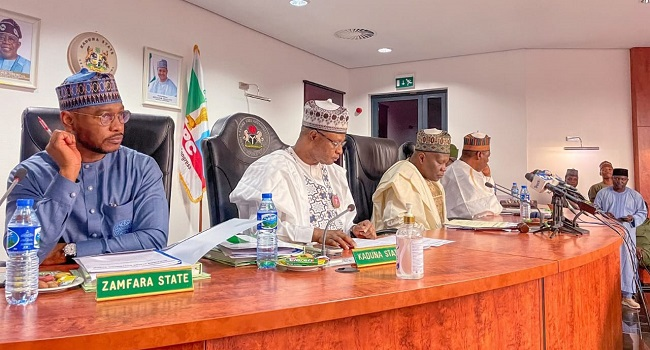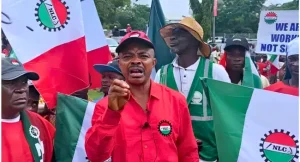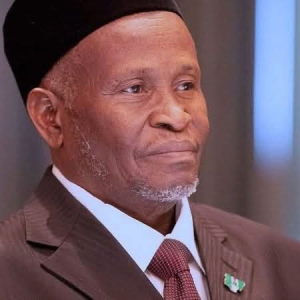
Northern governors have identified the recent #EndBadGovernance protests as a clear signal for the region’s leaders to address rising youth restiveness. During a summit of political leaders, traditional rulers, and security officials in Kaduna, the Northern States Governors’ Forum (NSGF) discussed strategies to alleviate poverty, boost education, and improve job opportunities to address the root causes of discontent.
The forum’s chairman, Governor Muhammadu Yahaya of Gombe State, highlighted the urgent need to address challenges facing the region’s youth, whose frustrations stem from limited economic opportunities. “Our young people are calling out for change, and it is our responsibility to listen and act,” Yahaya stated. He emphasized that investments in education, skills development, and job creation could reduce youth vulnerability to crime and social vices.
The meeting, attended by prominent leaders such as the Sultan of Sokoto and Chief of Defence Staff General Christopher Gwabin Musa, also focused on economic and security issues. Governor Yahaya noted the need for targeted welfare programs, small business support, and policies to attract investment, particularly in the face of economic disparities that significantly affect northern Nigeria.
The NSGF voiced strong opposition to the recently proposed Tax Reform Bill submitted to the National Assembly. The bill, which advocates for a derivation-based Value Added Tax (VAT) model, was deemed unfavorable to the northern region. According to the governors, VAT remittances should consider where goods and services are consumed rather than the headquarters’ location of the companies, a structure that they argue disadvantages northern states. The forum urged members of the National Assembly to reject the bill to protect regional interests.
The communiqué released after the meeting acknowledged recent gains in combatting insecurity, including the elimination of several terror leaders. The NSGF commended the Federal Government and security agencies for their dedication to stabilizing the region and praised the Chief of Defence Staff for his professional approach. The forum resolved to continue efforts to strengthen security and ensure peace.
The governors also emphasized agriculture as a vehicle for economic growth and job creation, agreeing to provide support to farmers with access to financing, advanced farming techniques, and infrastructure. Governor Yahaya outlined the potential for agriculture to drive industrialization and announced initiatives aimed at revitalizing the northern textile industry and other agro-allied sectors.
The NSGF also addressed climate-related issues, particularly the recent flooding that has devastated many northern communities. The governors resolved to collaborate with the Federal Government to develop irrigation infrastructure that would divert excess water for agricultural use, ensuring food security and enhancing rural livelihoods.
Acknowledging the importance of education, the governors committed to initiatives aimed at reducing the high rate of out-of-school children and improving educational outcomes across the northern region.
The communiqué concluded with a call to the Federal Government to address ongoing electricity blackouts affecting several northern states, stressing the need for energy infrastructure improvements and resilience against future disruptions.
The forum reiterated its commitment to regional development, security, and social welfare, pledging a united approach to addressing the North’s unique challenges.







